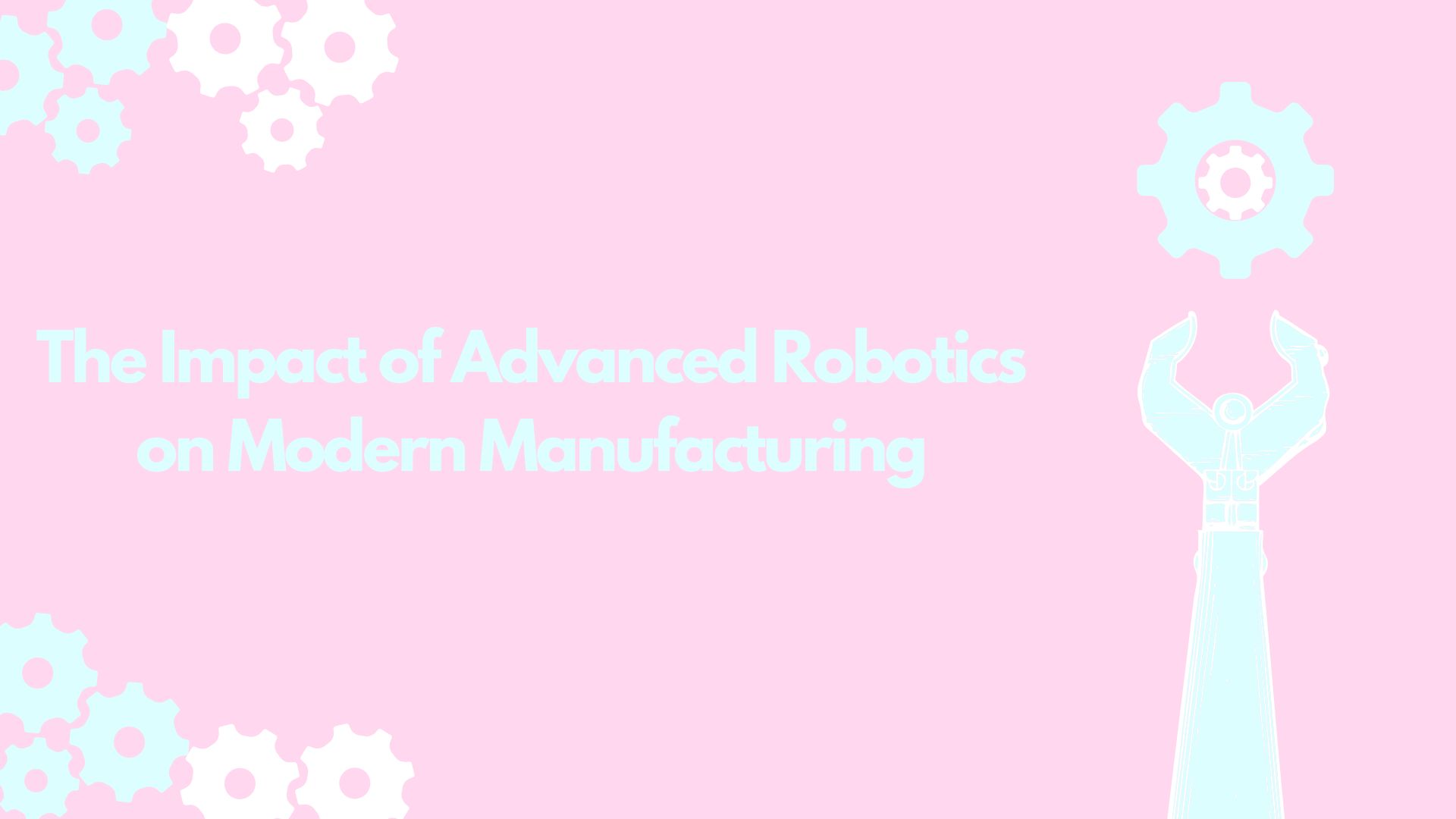Introduction
Advanced robotics is reshaping the manufacturing landscape by introducing high levels of automation, precision, and efficiency. These cutting-edge technologies are driving innovation and transforming production processes. This blog explores the impact of advanced robotics on modern manufacturing and its benefits for the industry.
Understanding Advanced Robotics in Manufacturing
Advanced robotics involves the use of sophisticated robots and automated systems to perform complex tasks with high accuracy and efficiency. These robots are equipped with sensors, machine learning algorithms, and artificial intelligence to adapt and optimize their performance in real-time.
Key Applications of Advanced Robotics
- Assembly Line Automation: Robots can perform repetitive and precise assembly tasks, increasing production speed and consistency.
- Quality Control: Advanced robotics with vision systems and AI can inspect products for defects, ensuring high-quality standards.
- Material Handling: Automated robots handle materials, reducing the risk of injury and increasing efficiency in loading and unloading operations.
- Welding and Painting: Robots provide precision and consistency in welding and painting, improving the quality and finish of products.
- Packaging and Palletizing: Robotics streamline the packaging and palletizing process, enhancing speed and accuracy.
Benefits of Advanced Robotics in Manufacturing
- Increased Productivity: Robots work continuously without breaks, significantly boosting production rates and efficiency.
- Enhanced Precision and Quality: Advanced robotics deliver high precision, reducing errors and ensuring consistent product quality.
- Cost Savings: Automation reduces labor costs and minimizes waste, leading to significant cost savings over time.
- Improved Safety: Robots handle hazardous tasks, reducing the risk of workplace injuries and creating a safer working environment.
- Flexibility and Scalability: Advanced robotics systems can be easily reprogrammed and scaled to adapt to changing production needs.
Case Study: Robotics Integration at [Company Name]
[Company Name], a leading automotive manufacturer, integrated advanced robotics into their production line:
- 50% Increase in Production: Robots enhanced assembly line speed and efficiency, significantly increasing output.
- 30% Reduction in Defects: Advanced vision systems and AI ensured high-quality standards and minimized defects.
- Enhanced Workplace Safety: Automated robots handled hazardous tasks, reducing workplace injuries and improving overall safety.
Conclusion
Advanced robotics is revolutionizing the manufacturing industry by enhancing productivity, precision, and safety. By integrating these cutting-edge technologies, manufacturers can achieve significant cost savings, improve product quality, and create a more flexible and scalable production environment. The future of manufacturing lies in the continued adoption and advancement of advanced robotics.









